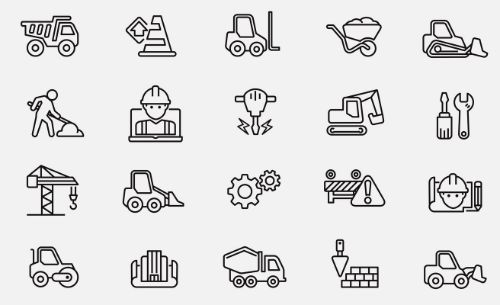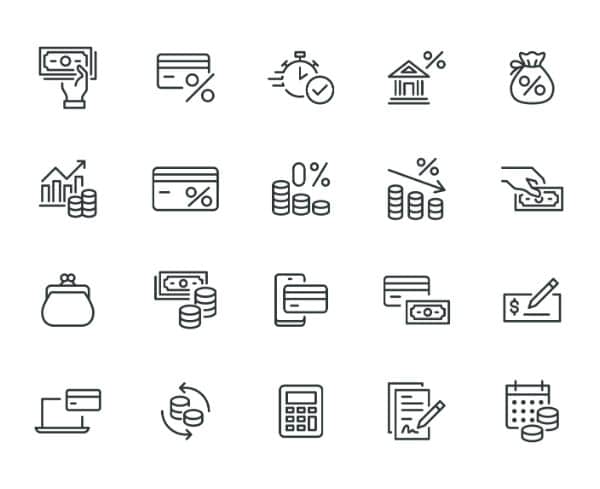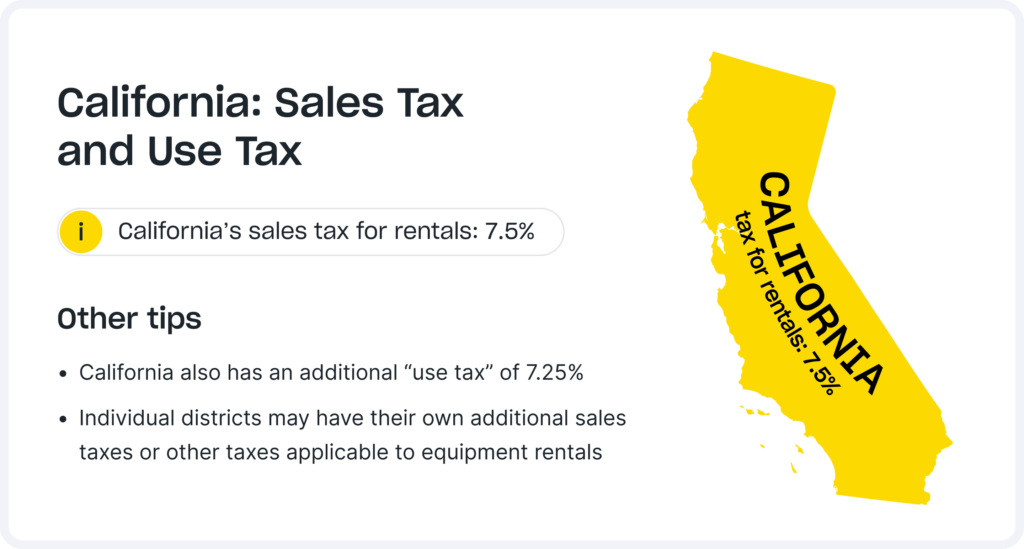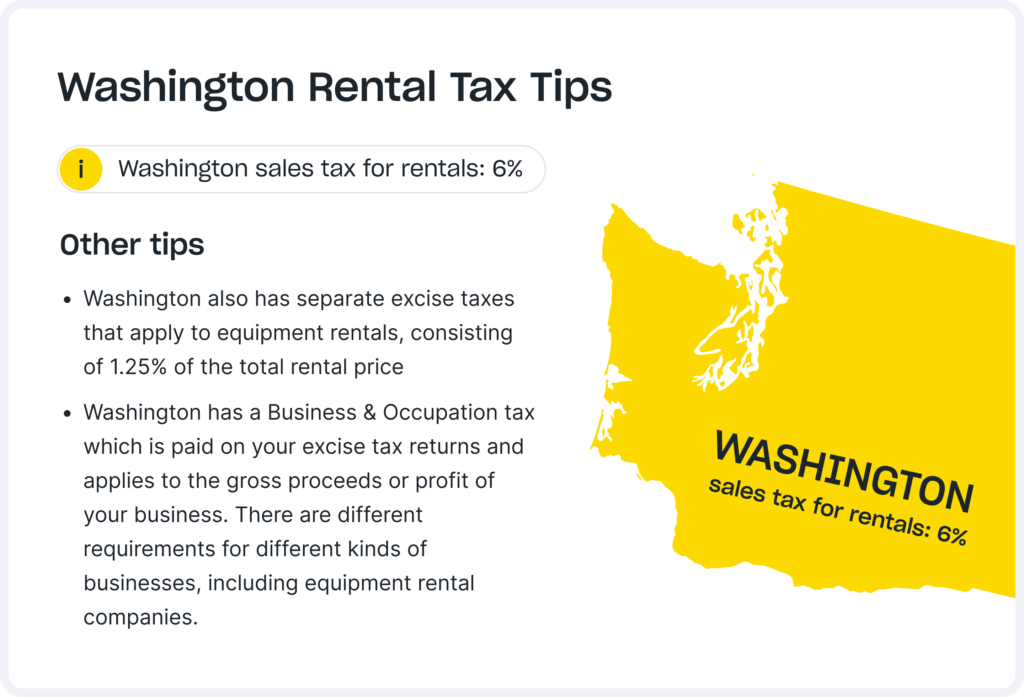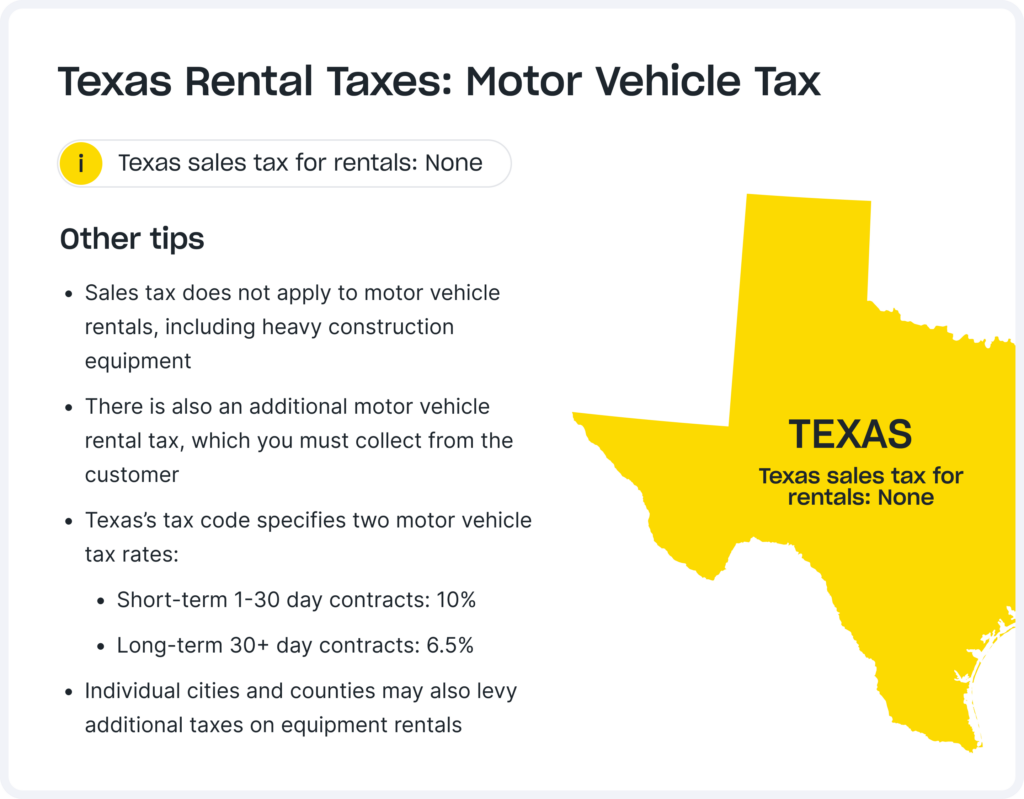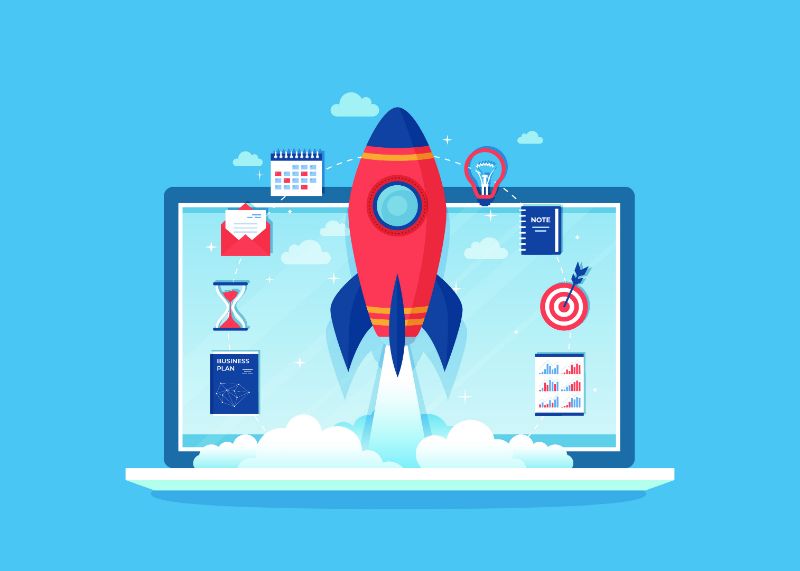Equipment rental can be a great way to start a business, even with limited experience and capital. It’s a great way to turn extra capital into hard assets and then turn those assets into recurring revenue streams. This article will look at some of the major considerations you should undertake when attempting to build out such a business.
Find the Right Niche for Your Equipment Rental Business
A lot of the success you’ll see from your equipment rental business ideas is going to come down to what kind of equipment you choose to include in your inventory. Equipment rental is a very broad category and can mean a lot of things. Are you starting a tool rental business, renting out tractors, or providing AV equipment?
Making the right decision will depend on understanding what type of equipment is needed in your specific area. If you live in the middle of a big city, then you might not see much demand for off-road ATV rentals. However, you’d likely see more than enough demand for AV equipment and camera rentals, thanks to the density of the population.
You can also try to identify current trends. Is your area seeing a lot of new construction? Are people renovating a lot of homes? Based on this, you could decide to focus on construction equipment or tools for your equipment rental business start-up.
Understand Your Customers
When it comes to how to grow a tool rental business, it really comes down to how well you can provide effective customer service. While your business, of course, depends on the quality and reliability of the equipment you rent out, the quality of service and relationships you build often play a more important role in the end.
You should ensure that all of your rental policies and pricing are clear to your customers to avoid disagreements after the fact. Even if you manage to stick by your contract and get the money owed for that rental, the experience will leave customers dissatisfied and unlikely to return.
Communicating with your customers effectively is absolutely necessary. They need to know exactly what it is they’re getting, and it needs to be easy for them to find out what you have in your inventory.
Insure Your Equipment
The equipment rental business model is incredibly clear. Your equipment is your business. Especially with heavy equipment where your goal is not only keep it in great working order, but to keep it in shape that so that you can sell it further down the road. That requires both effective maintenance planning and having the right insurance.
Every business needs insurance to protect its assets. When it comes to equipment rental businesses, you’ll need both general liability and property and equipment insurance. This coverage means you’ll be protected both from what your equipment does to renters and what your renters do to your equipment.
You should note that the protection provided by liability waivers is often dubious and incomplete, and they shouldn’t be relied on as an alternative to proper insurance. Also, any vehicle or towed-equipment rental businesses will need auto insurance as well.
Understanding Your Business Model
A big part of how to start an equipment business is to work out exactly what your business model is going to be. You’ll have income and expenses like any other business, and keeping track of all that is an essential part of how to run a tool rental business.
Your revenue is going to be the money you make from renting out equipment. Your costs are going to include store rent, employee wages, utilities, maintenance, and other factors. Your profit will be the revenue minus the costs, and hopefully, it will be a positive number.
There’s another big thing to consider for rental businesses in particular, though. The equipment your business owns are assets that depreciate over time.
You can’t directly claim the cost of a new tool as a cost for your business because your business still owns the tool. However, you instead apply depreciation, counting a different percentage of equipment value as a cost each year for a set period based on the type of equipment.
Identify the Road to Profitability
So are equipment rentals a profitable business? Well, there are certainly successful rental businesses out there, so there must be some way to do it right. Whether your equipment rental profitability holds steady is going to come down to how you manage your business.
Individual markets can vary widely as well, especially impacting how much a tool rental business makes.
If you’re looking into how to start a tool rental business, consider if there’s room in your market for another profitable rental business, and if that profit is going to be enough to account for equipment and maintenance costs or if you’ll just barely be getting by.
If you intend to focus on heavy machinery, you will need to consider your exit strategy for your equipment. How long do you intend to rent out your bulldozers, skid steers, lifts, etc. until its time to sell? If you sell too late, you may miss out on recouping a large part of your original investment.
Use Demand To Your Advantage
One of the most important ongoing factors is going to be tracking specific rentals. You need to know what equipment is being rented and when in order to develop an effective strategy.
If some equipment is rarely rented out, maybe don’t replace it once it fails. Notice a big pickup around a certain time of the year? Ensure you’re fully stocked in that equipment type before that season rolls around.
By leveraging demand, you’ll be making the best use of your inventory and assets. When you start equipment rental businesses, you need to consider that a massive portion of construction and other outdoor equipment is almost entirely seasonal. You can’t rent a snowblower in the middle of the summer.
While some seasonal trends are very easy to pick up on and predict, many aren’t. You’ll need a reliable way to accurately track your rentals. Manually reviewing records would be incredibly time-consuming and likely to produce poor results anyway. Ideally, you should have effective software to support your business.
For example, if you live in an area that gets seasonal snowstorms – ensure you have snow blowers and other equipment ready for rent. In addition, you can use social media to advertise ahead of big storms so that customers have the opportunity to rent before others and ensure they have the tools they need. This also could lead to greater rental times for you meaning greater profitability.
Choose the Right Software
Software provides major advantages for those trying to find out how to start an equipment rental business. It can simplify many aspects of how to run an equipment rental business, providing a framework for inventory tracking, maintenance scheduling, and finances.
Of course, modern businesses need effective websites to succeed as well. Having a platform that provides a straightforward and easy-to-use website builder will make it easier for customers to find and use your services. Ideally, you want a website platform that connects with your inventory, rather than just a general overview.
Integrated rental business platforms are great, but you’ll probably want to keep some of your own accounting records as well. Finances are an important part of how to open a tool rental store, so look into using QuickBooks rental software or other accounting software to make sure you’re keeping track of all of your revenues and expenses.
Starting Your Equipment Rental Business With Quipli
Quipli lets your new equipment rental business hit the ground running with a comprehensive software platform that provides for all of your inventory and website needs.
Professional presentation and easy access to your website will let customers find exactly what they’re looking for and make them more likely to visit your business. Integrated inventory management lets you control and analyze your rentals.
If you’re interested in finding out what Quipli can do for your rental business, book a 15-minute demo with our team today.
